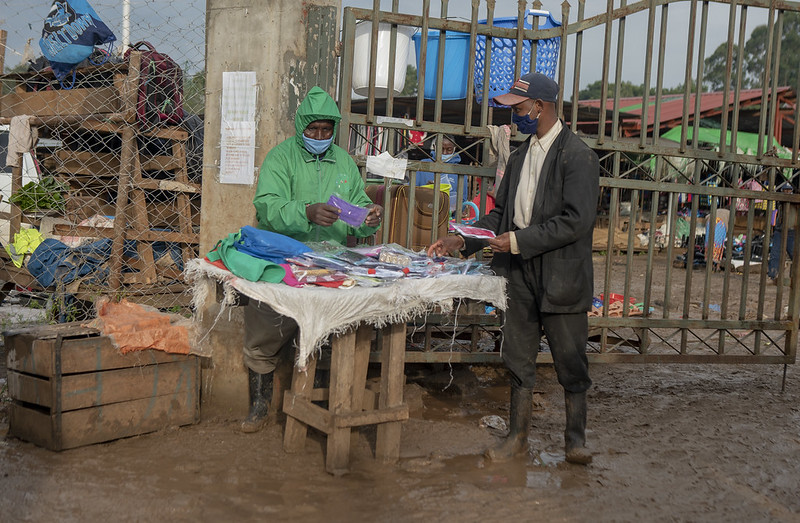Ressources
The Sauti publication features artworks from young African women, and showcases the linguistic diversity of Africa. #Africayouthlead
Agenda 2063 is Africa’s development blueprint to achieve inclusive and sustainable socio-economic development over a 50-year period.












 Mariatu Gbassay Kanu was born in Makeni City in Sierra Leone. She is a graduate in community health and clinical studies from Njala University. Mariatu is the founder and executive director of the Resilient Empowerment and Advocacy of Life Skills (REAL), a transformative initiative for girls to empower them and nurture their impact on their communities about basic hygiene practices.
Mariatu Gbassay Kanu was born in Makeni City in Sierra Leone. She is a graduate in community health and clinical studies from Njala University. Mariatu is the founder and executive director of the Resilient Empowerment and Advocacy of Life Skills (REAL), a transformative initiative for girls to empower them and nurture their impact on their communities about basic hygiene practices.